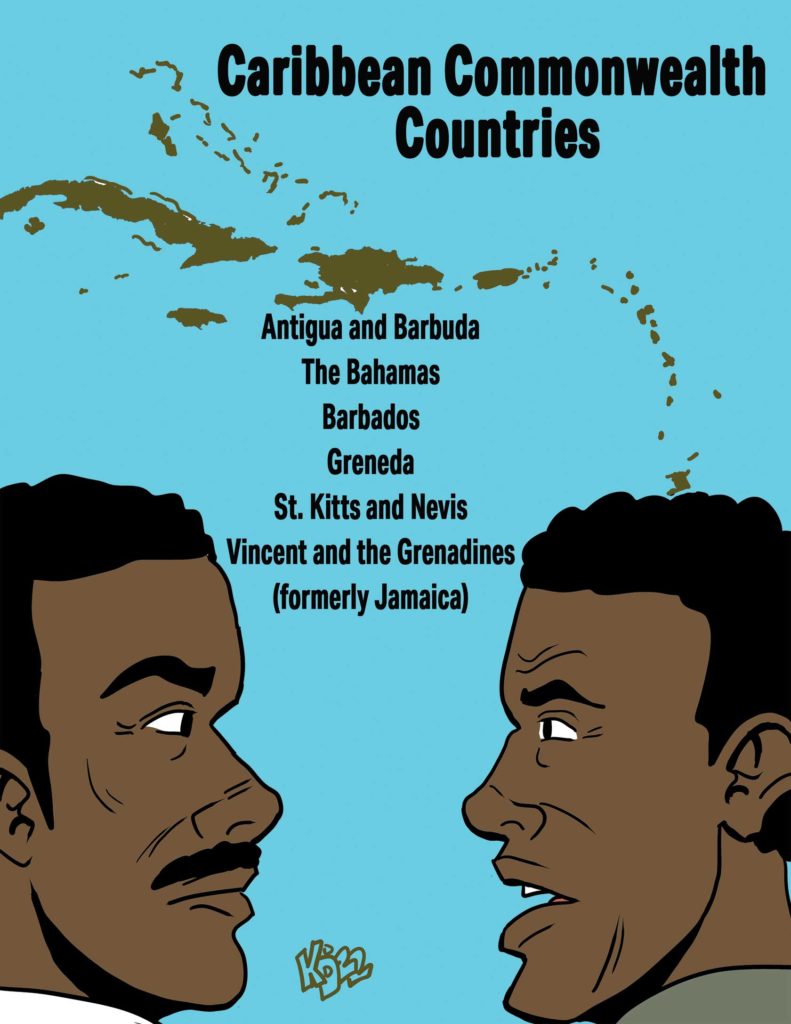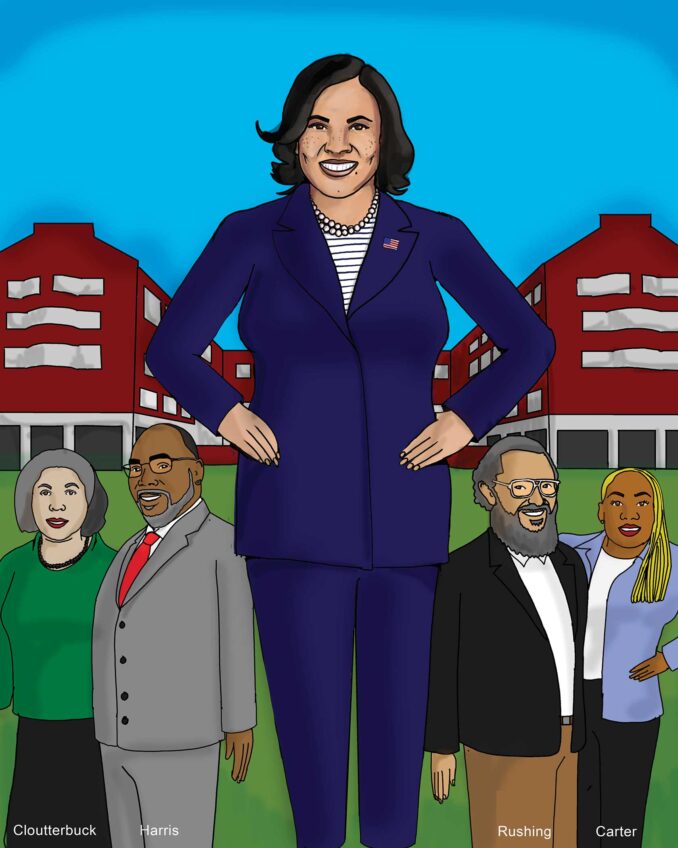
The pageantry and precision of Queen Elizabeth’s funeral have generated the highest respect for the British royal family as well as English citizens. A never-ending line of people waited for hours to pass the Queen’s catafalque to pay their last respects to the royal personage who had been the unifying spirit of Britons for 70 years. But as soon as the magnificence of the state funeral was over, critics were already asking whether the continued existence of the royal family was still necessary.
Before people begin traipsing down a political road to answer the question, it is wise to consider the broader issue of how effectively do human beings change the culture into which they are born? The process of learning about the world in which we are born begins at infancy and continues to color our thought process for the rest of our lives. Those who are influenced by the majesty of Elizabeth II will undoubtedly have acquired a high standard of decorum among the leading personages.
Even so, it is human nature to try something new after a 70-year reign. And Charles III is so imaginative that he will motivate the press to take interest in his projects. However, people underestimate the importance of competent leadership inspiring the ethos of a people.
The absence of leadership has made it more difficult to establish the Black solidarity necessary to attain some of the more sophisticated goals of racial equality. A common resistance to white supremacy is not sufficient. That can develop united opposition, but it is insufficient to establish a cohesive achievement that would be necessary.
The reason for the difficulty in America is that status is based too much upon color alone when there are other dividing issues. The distinction becomes clear when working with issues in South Africa. Color is less relevant. Black people will say, “We’re all Black,” but there, the problem is tribal. The Zulus, the Xhosas, and the Sothos? All have distinct cultures that provoke a different proposed solution to the problem from each group.
When one considers the ethnic scope of the British Empire, the color and racial identity of the varied citizen groups will not answer all the questions. I hope that Black people in America and elsewhere can move beyond the limitations of color when altering their ethnic identity in response to cultural changes.






